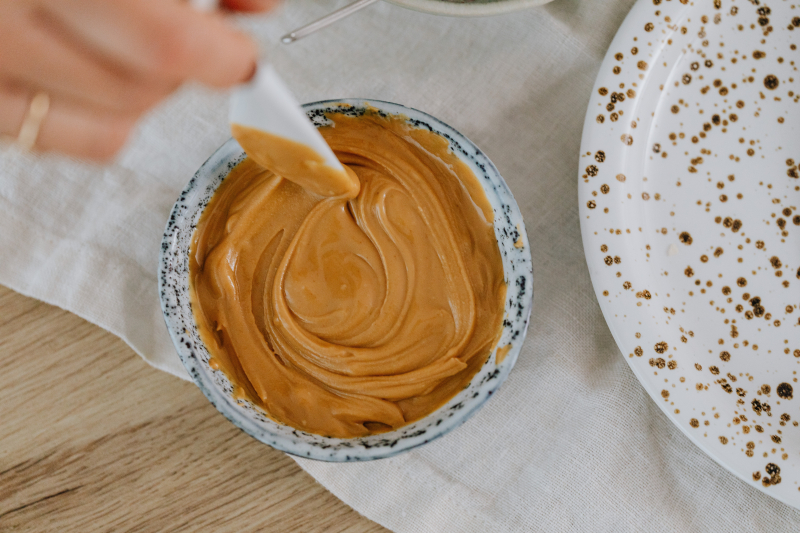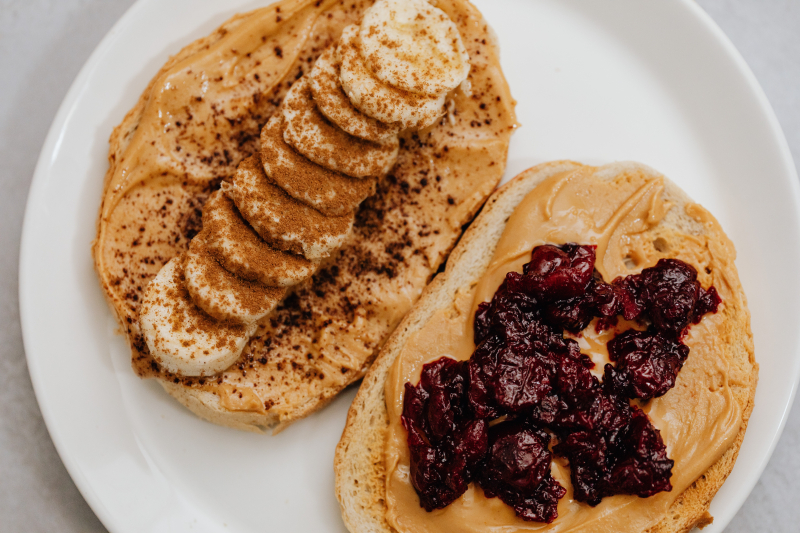George Washington Carver and Peanut Butter
Scientist George Washington Carver made significant contributions to agricultural economics in the United States, especially in the South, which was overly dependent on cotton crops. Yet, he is mostly known as the "peanut butter guy," which not only downplays his achievements but is also untrue.
Carver, who was born into slavery, aimed to make black sharecroppers' farms more productive so they could pay off the debt they owed to white plantation owners. Although cotton was by far the most lucrative crop in America, it was also quite hard on the soil. The majority of black farmers had no choice but to plant the most lucrative crop since they were barely making ends meet on razor-thin profit margins.
Carver urged them to use crop rotation and rotate between crops so that the land may have time to recover because producing cotton continuously depleted the soil of nutrients. Carver began to think of countless uses for soybeans, sweet potatoes, and, of course, peanuts since farmers would only agree to do this if they could genuinely profit from those other products.
Carver came up with more than 300 uses for peanuts, including shaving cream, glue, shampoo, and various delicacies. Nevertheless, since peanut butter already existed, it was not one of them. Prior to modern times, the Incas and the Aztecs both produced a paste from roasted peanuts, and Dr. John Harvey Kellogg was one of several people to submit a patent application for peanut butter.












